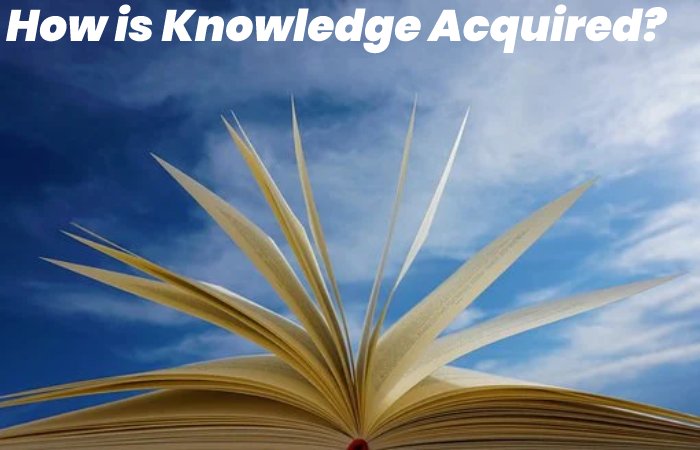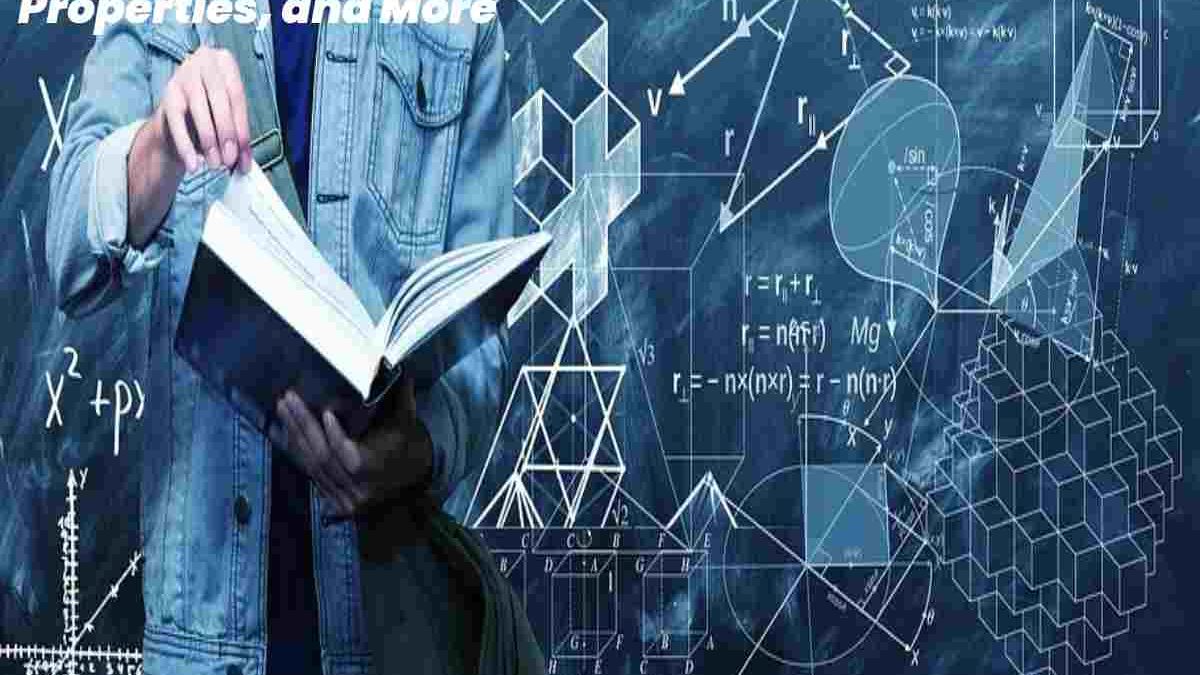Table of Contents
What is Knowledge?
Knowledge is the action and result of knowing, acquiring valuable information to appreciate reality through reason, sympathy, and intelligence. It refers, then, to what consequences of a learning process.
Knowledge can refer to in several senses. First, refers to the information accumulated on a particular subject or matter in its most general sense. In a more specific sense, Is the set of abilities, skills, mental processes and information acquired by the person, whose function is to help him interpret reality, solve problems and direct his behaviour.
As a phenomenon, studies since Classical Antiquity are essential in general philosophical, psychological, and scientific studies.
Characteristics and Properties of Knowledge
- Knowledge is always cultural; that is, it forms culture.
- It is usually capable of being spoken and transmitted through language.
- In this sense, knowledge is codified; it requires a code or language for its communication.
- They guide the thinking, behaviour and decision-making processes of human beings.
- It is a complex phenomenon strong-minded by biological, psychological and social variables.
Origin of Knowledge
Epistemology is the branch of attitude that studies knowledge and many of its questions. What is knowledge? How do we know? What is truth? These are a number of the issues addressed by this discipline.
Two significant positions arise from it, opposed initially but currently complementary:
Empiricism: Empiricism argues that knowledge obtains through sensory experimentation. We know the reality we investigate through our senses and investigation and trial.
Rationalism: This current affirms that knowledge is the result of reason. Through the intellect and complex mental processes, the human being obtains something.
How is Knowledge Acquired?

Knowledge is built from early childhood and accompanies the person’s development process, influencing their behaviour and ability to solve evils. It originates through sensory insight, from where it reaches an understanding, and from there, it passes to the analytical procedure of analysis and coding of information.
However, we must say that the construction process is highly complex and attends to many variables, so there are a variety of schools devoted to the formulation of a theory. Some of the authors who have studied this occurrence in our era are Jean Piaget, through his hypothesis of cognitive development, and Lev Vygotsky, through his sociocultural belief.
It recognizes that, in a general reading, the following elementary ways to acquire can identify. Let’s see.
Authority: authority figures are an element for transmitting since they generate a vote of confidence in the social group. Applies from parents to children, teachers to students, or specialists in front of a curious audience.
Tradition: In transmit from generation to generation, and in this way, it consolidates rule. Thus, the individuals of a particular social group acquire knowledge through traditional social practices.
Intuition: This is a type of immediate understanding of an emerging issue, which allows you to decide appropriately.
Experience: as the subject gains, he records and learns new information that allows him to face similar situations in the future.
Scientific research: the exercise of seeking information in a systematic, structured and organized way, that is, based on a scientific method, is a way of acquiring knowledge.
What are the Types of Knowledge?
There are two major types: a priori and a posteriori knowledge.
A priori knowledge: It can be a priori when it is based on the process of personal reason or introspection to formulate, without being verified inexperience.
A posteriori knowledge: we speak of a posteriori when it arises from experience, and that same experience becomes a validation of learning.
However, it is also possible to talk about other types according to the learning method or the area of expertise. Let’s see some cases.
Philosophical Knowledge
Philosophical knowledge obtains through theoretical reflection on reality and dialogue and aims to understand the being and being of the subject. Hence, it can say that it is rational, analytical, totalizing, critical and historical.
Empirical Knowledge
Empirical obtain through one’s own palpable experience, although it does not imply a study method but rather awareness of the order of what life experience. Although it arises from concrete experience, it modifies by the universe of cultural values of the subject.
Scientific Knowledge
Scientific is verifiable and provable. Similarly, it pretends to be critical, rational, universal and object. Scientific acquired through an investigation’s plan design, which implies a systematic organic process.
Theological Knowledge
Theological is based on accepting a set of values and beliefs derived from a spiritual revelation. In this sense, it has a symbolic nature since processes of construction of meanings through symbols operate in it.
Conclusion
Knowledge acquire through the ability of human beings to identify, observe and analyze the facts and information that surrounds them. He obtains it through his cognitive skills and uses it for his benefit. as such, is a broad term. It can be practical or theoretical, with numerous branches and areas.
It said that it limits. But as a learnable resource, it is limitless. If the human mind is finite, due to various factors, too little, no person knows everything about any field. But on the other hand, the resources and information available that can learn can consider unlimited since there is an innumerable amount in each discipline that can be studied.
Also Read: What is Technical Analysis? – Examples, Advantages and Disadvantages


